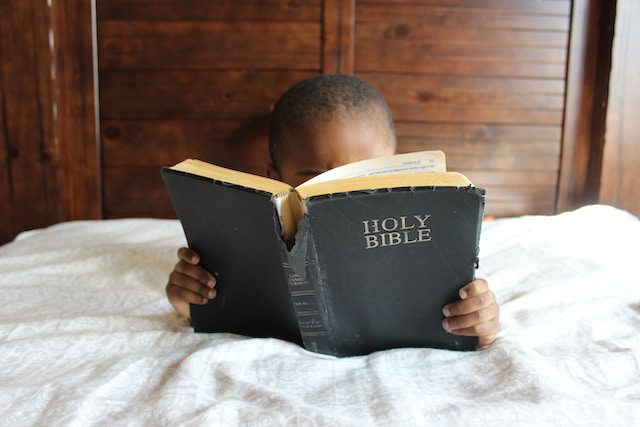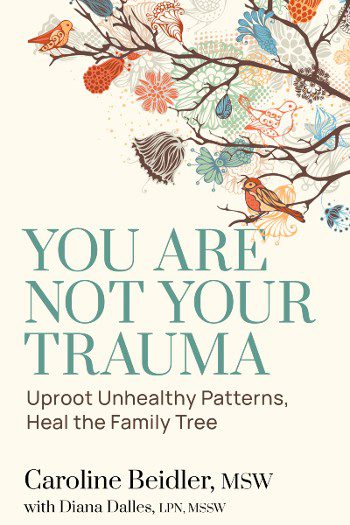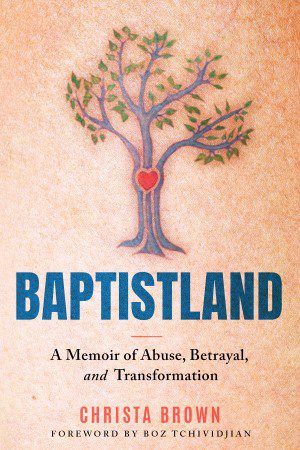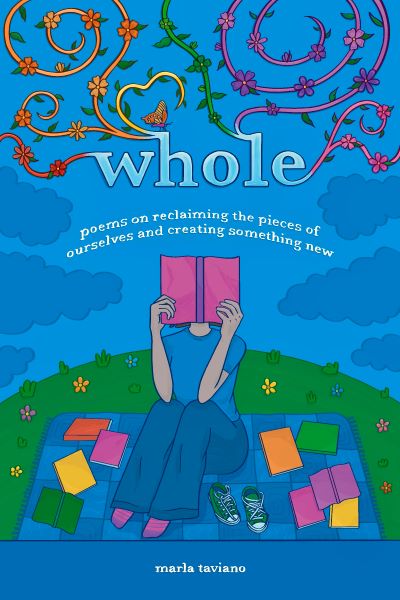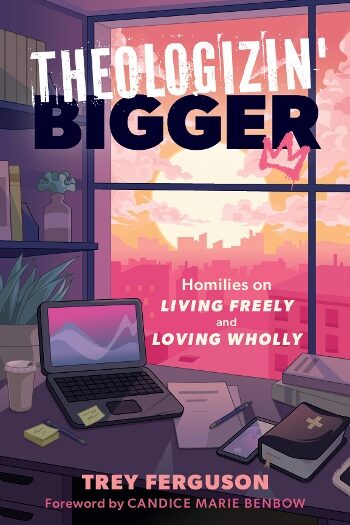I’ve never needed to read the Bible for me to desire good. If I’d never encountered the Bible, I would still be repulsed by what my ancestors endured on the plantations of the Caribbean and the southern United States. I do not need to visit the canon of scripture for permission to mourn. I am free to recognize abhorrent behavior apart from the stories of scripture. It’s about what the Bible means and points to, not the Bible itself.
There are some who point to the Bible as the source of morality. That statement is refuted by the arc of scripture. The Bible tells us that Adam and Eve sinned against God before there was any idea of a Bible. God hits the reset button on all of creation six chapters into the Bible because an entire generation of Bible-less people have committed themselves to wickedness. God moves on behalf of an oppressed Hebrew population in Egypt before the words of the covenant are given at Sinai. The Bible is not the source of morality. God is.
I am not looking to the Bible for step-by-step instructions on how to live my life.
I do not look to the Bible for a warrant to condemn evil. We needn’t be biblical scholars to understand evil. The only prerequisite is some construct of good. And I believe that construct comes from the Spirit of God. I consider it an act of great cowardice to remain planted in the status quo just because you haven’t found the exact chapter and verse to direct you to do otherwise. Only the most deficient and diseased of imaginations would relegate us to worlds constrained by what the authors of our ancient, sacred texts were able to envision. I look to the Bible to situate myself among the people of God throughout history. I am comforted that many of the things that I feel today have been experienced and wrestled with for generations. I am not looking to the Bible for step-by-step instructions on how to live my life. I thumb through the pages of scriptures, pausing where I notice things outside of what I’d consider ordinary, and I meditate on how the lessons garnered from these writings could affect my life should I decide to make an adjustment.
Instead of a step-by-step guide, the Bible serves as a seasoned companion—one containing wisdom as old as the earth itself. I tangle with the Bible, seeing what guidance I can wring from its ancient pages. I recognize that understanding what the Bible meant is helpful, but that trying to discern what it means is far more relevant to the reality I’ve inherited. And this requires courage. It requires critical thinking. It requires risk. Because, at the end of the day, trying to discern what the Bible means always leaves you susceptible to arriving at the wrong conclusion. That’s a frightening proposition.
We’ve found ourselves in search of a Bible that solves the Rubik’s Cube for us, instead of a Bible that teaches us to recognize the patterns that will slowly lead us to a more complete puzzle should we settle on a method.
Fear has this way of keeping us frozen in place. The fear of the places our meditation may lead us can leave us stranded in a land where memorization is the highest virtue. And, to that end, many people have expended a great deal of time and energy in trying to create this index for us. If you google the phrase“what does the Bible say about . . . ” you’ll find a plethora of words waiting to autocomplete the sentence. We’ve found ourselves in search of a Bible that solves the Rubik’s Cube for us, instead of a Bible that teaches us to recognize the patterns that will slowly lead us to a more complete puzzle should we settle on a method.
What the Bible Means
Courageous thinking helps us to search for whatever life-giving ethics we may detect in the scriptures and wrestle with where the God behind those ethics might be directing us today. The words that pointed to wholeness yesterday may lead to a less perfect destination today. We will not grow in wisdom if “what does the Bible say about . . . ” marks the end of our investigation. That is an appropriate question to begin an inquiry. But if we stop there, we may end up stuck in what the Bible meant without wrestling with what it means. We will not develop an ethic that suits the brand-new, never-before-seen moment we find ourselves in. We will find ourselves trapped in a classroom where memorization is the only rubric. In addition to“what does the Bible say about . . . ” we must also ask, “and how is the Spirit of God directing me today?”
This is what theologizin’ demands of us.
This article is an excerpt from Theologizin’ Bigger: Homilies on Living Freely and Loving Wholly by Trey Ferguson. See a video of Trey Ferguson in the above link.
Photo by Samantha Sophia on Unsplash
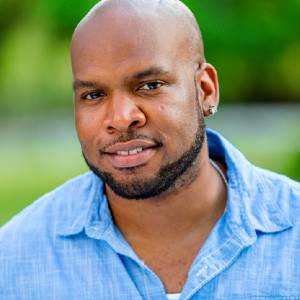
Trey Ferguson is a minister, writer, and speaker, with an MDiv from the Samuel DeWitt Proctor School of Theology at Virginia Union University. His thoughts on faith in an evolving world can be found on the Three Black Men: Theology, Culture, and the World around Us and New Living Treyslation podcasts, in The Son Do Move newsletter, and @pastortrey05 on social media. He lives in South Florida with his wife and three children. Learn more at pastortrey05.com.

